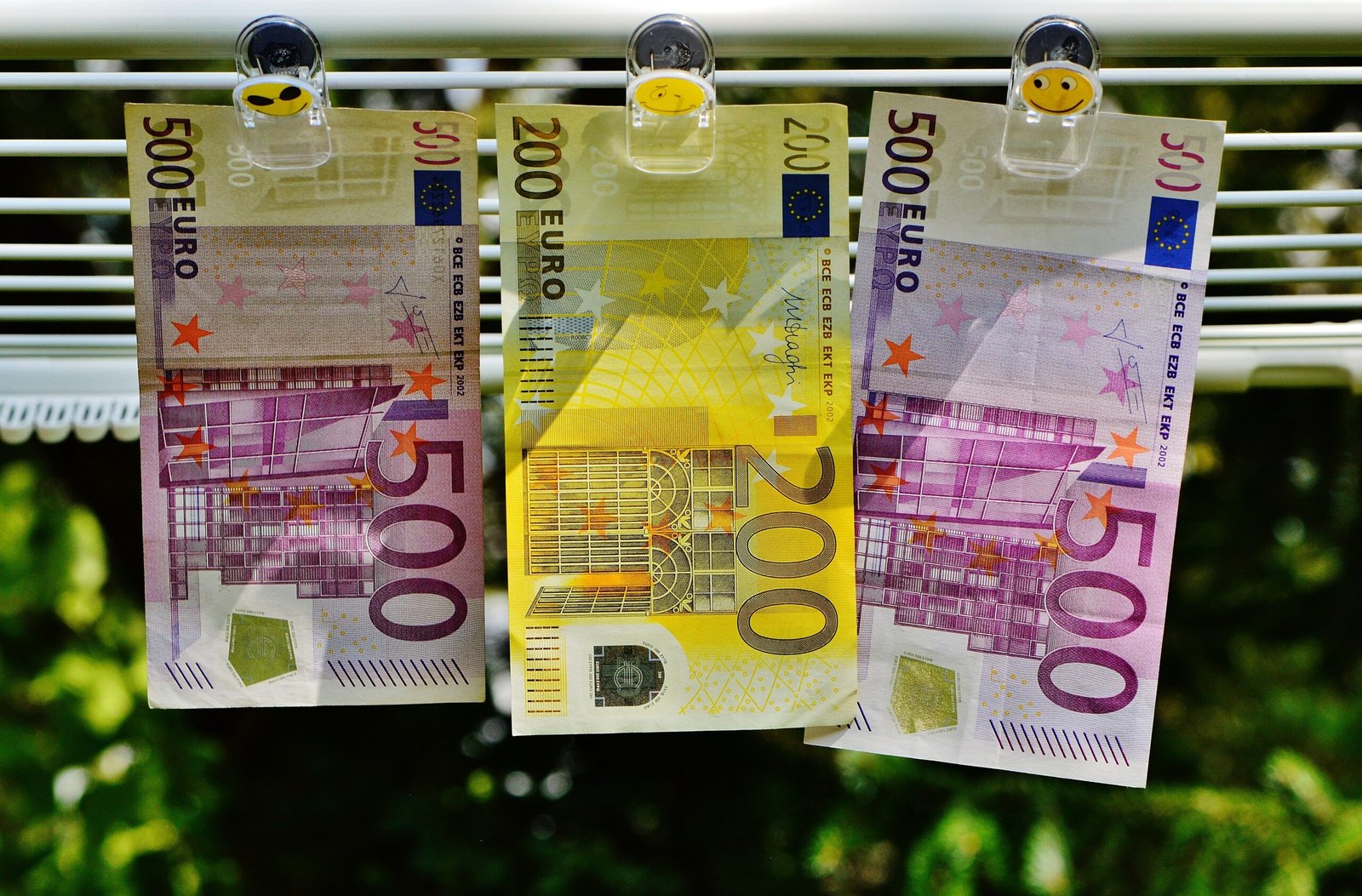Due to the monetary policies of the European Union, most member states of the EU use the Euro currency. Sometimes referred to as EUR, the currency has the symbol €. Currently there are 20 different countries that have adopted this currency, totaling more than a combined 300 million citizens receiving their paychecks, paying their bills and groceries with the euro.
But not all European countries actually use the euro, even though they are members of the European Union. So in this article we will go over all the countries in which you can use the euro, as well as cover those that are left outside. Enjoy!
Why the euro was adopted
There are several reasons why the EU decided to adopt the euro as its common currency. The main reason was to promote economic integration and stability within the EU, and ensure better trade conditions for companies and private individuals throughout the area.
By using a single currency, countries can trade with each other more easily and without the need to exchange currencies, which can reduce transaction costs and eliminate exchange rate risks. This can help to stimulate economic growth and increase trade between EU countries.
Another reason for the euro is to increase the EU’s political and economic influence on the global stage. The euro is now one of the world’s major currencies, and its use has helped to increase the EU’s economic and political power.
In addition, the euro was seen as a way to promote unity and solidarity within the EU. By sharing a common currency, EU countries are more closely tied together and can work more closely towards common goals and policies.
This has allowed for an optimized financial system, better regulation and control, as well as making it easier for tourists traveling within the EU to know the price of products, services and their hotels.
Countries using the euro currency
As mentioned above, as of the 1st of January 2023, there are 20 full EU members that also use the euro. Croatia is the latest addition to this list. We have also included the date of official adoption in the parentheses.
- Austria (1999)
- Belgium (1999)
- Croatia (2023)
- Cyprus (2008)
- Estonia (2011)
- Finland (1999)
- France (1999)
- Germany (1999)
- Greece (2001)
- Ireland (1999)
- Italy (1999)
- Latvia (2014)
- Lithuania (2015)
- Luxembourg (1999)
- Malta (2008)
- Netherlands (1999)
- Portugal (1999)
- Slovakia (2009)
- Slovenia (2007)
- Spain (1999)
Note: All countries adopting the euro currency, do so on the 1st of January.
In addition to these 20 countries mentioned already, there are other countries that also use the euro as currency. Some of these countries are not officially part of the European Union, but are still allowed to mint their own euros due to specific policies. And other nations on this list are simply using the currency, without minting at all.
- Andorra
- Kosovo
- Monaco
- Montenegro
- San Marino
- Vatican City
The special cases
There are a few members of the European Union that either are not part of the Eurozone, or have other stipulations in their agreements which allows for them to keep using their traditional currencies instead of adopting the euro.
These requirements are put forward by the European Commission, and the European Central Bank, which together look at the conditions for the candidates in terms of the so-called convergence criteria.
Denmark
Denmark is a special case, in that not only are they not using the euro, they are also the only country that will not ever be compelled to do so, due to their specific arrangements with the EU. However, Denmark still follows a fixed rate policy, which means the National Bank of Denmark aims to have the Danish krone closely follow the value of the euro.
The main reason for this is a public vote that took place in 2000. The majority of the Danish people voted against adopting the euro, and due to certain policy agreements, the country was allowed to keep their local currency, known as the Danish Krone, or DKK when using the ISO 4217 code for currencies.
Bulgaria, Sweden, Romania, Poland, Hungary & The Czech Republic
These countries are not part of the eurozone yet, but are required to adopt the euro as a condition of their membership in the EU. As of now they have been granted exemptions from the requirement to do so, either because they do not meet the necessary economic criteria or because they have opt-outs in their EU accession treaties. Some countries, like Sweden, meet the criteria already, or could rapidly be able to meet them at the very least, yet public sentiment means that they delay the application process. Other countries are still working on their financial policies in order to be fully ready to join the eurozone.
